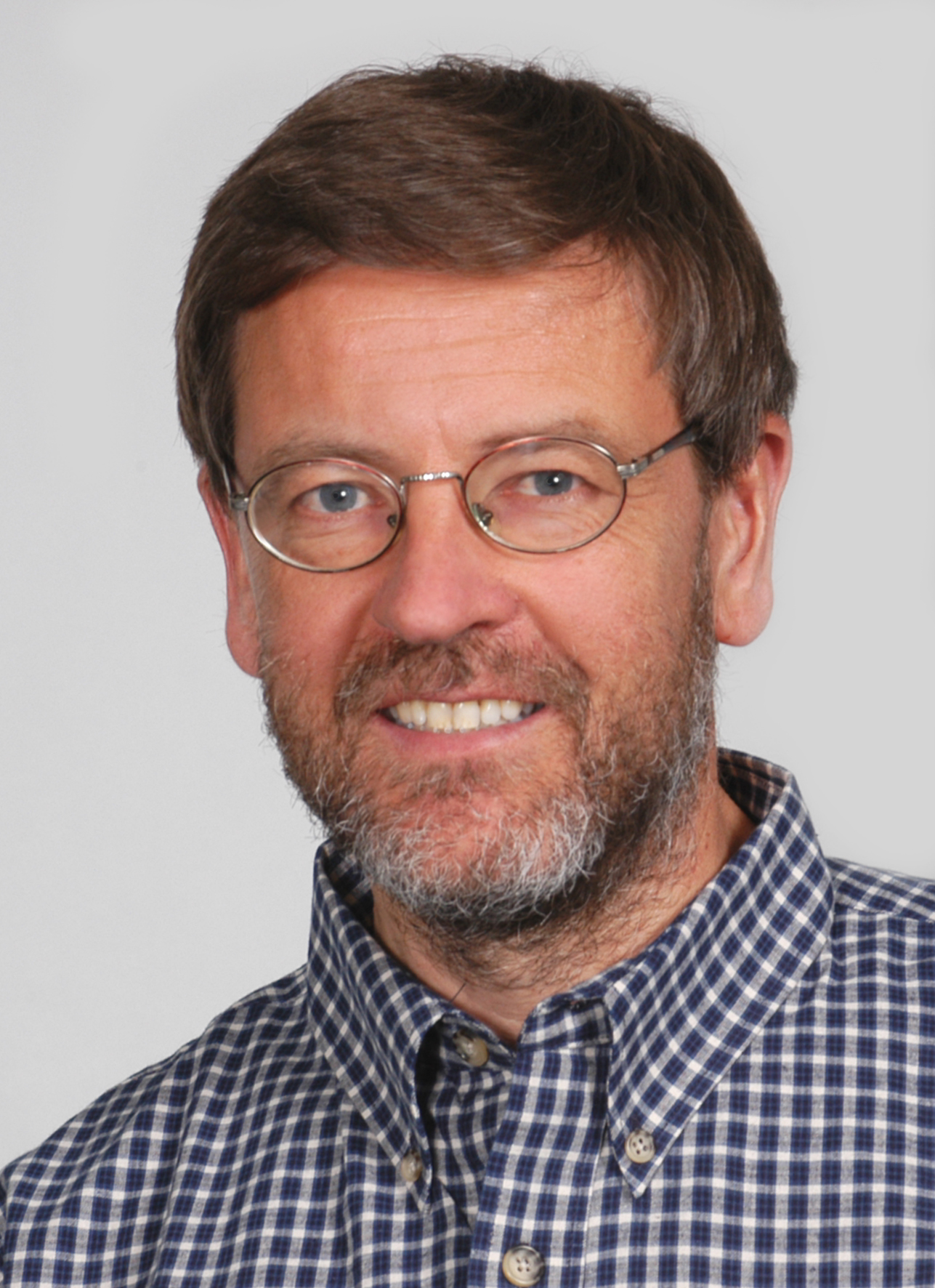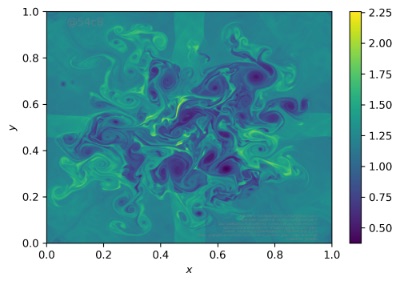Guest lectures and seminars - Page 48
Cards are drawn, one at a time, with replacement, from a deck of n cards. I study the total time W_n needed until we have seen all n cards, via different perspectives, along with a Gumbel limiting distribution. Various non-trivial identities, involving different perspectives for moments and Laplace transformations, are found as corollaries. These findings are also used to estimate the number of different cards,if uknown. If I needed to sample 133 words from a document, before I had 50 different words, what is the vocabulary size for the document? How many words did Shakespeare know (including those he never used in his writing)?
An Abels Tårn podcast about some of these themes, which attracted a fair amount of inspired comments and guesses from the public (specifically, finding the mean of W_n above, for the case of n = 52 cards), can be found on the Abels Tårn website, July 2021, as a conversation with Torkild Jemterud, Jo Røislien, and myself.
The PDE seminars for the Autumn of 2021 will be held every Tuesday from 10:15–12:00
Professor Dan Crisan, Imperial College London, author of several books on filtering is now holding an intensive course.
Abstract: Mixed-dimensional partial differential equations (PDEs) are equations coupling unknown fields defined over domains of differing topological dimensions. Such mixed-dimensional PDEs naturally arise in a wide range of fields including geology, biomedicine, and fracture mechanics. We introduce an automated framework dedicated to mixed-dimensional problems as part of the FEniCS library. This talk gives an overview of the abstractions and algorithms involved. The introduced tools will be illustrated by concrete examples of applications in biomedicine (see below for more detailed context).
This talk is part of the Mechanics Lunch Seminar series. Bring-your-own-lunch and lots of questions.
The talk is elementary and discusses empirical modelling of single variables with insurance losses as example. There are in such cases little or no theory to go on, and the amount of data is many situation quite scarce. Why do we so often limit ourselves to fit two-parameter families? It will be suggested that it may be a good idea to work with more flexible models with three or four parameters and that this may provide a nice framework for automating the entire procedure for the computer to work alone. Sure, with little data the parameters may be unstably estimated, but that may not apply equally to the distributions they define. Many-parameter families suitable for insurance losses will be reviewed with some simple asymptotics in an example allowing this and with Monte Carlo to throw light on the issue in other cases.



